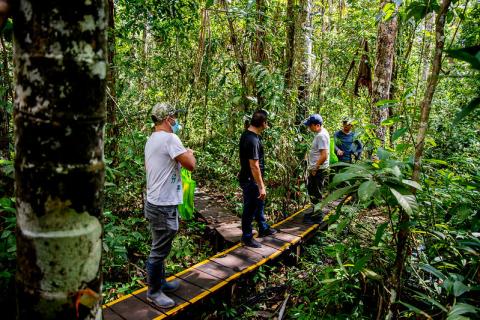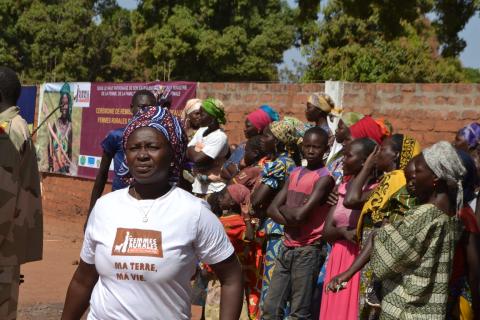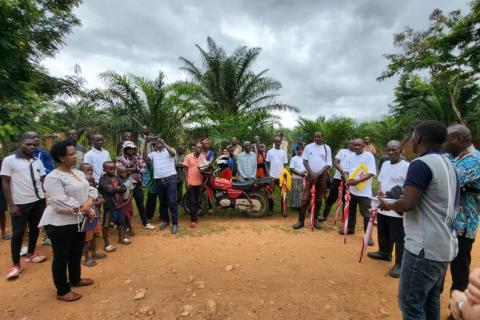Des promesses au progrès : Financer les initiatives climatiques au-delà de la COP28
Deux ans après que les bailleurs de fonds internationaux se sont engagés à verser 1,7 milliard de dollars aux Peuples autochtones lors de la COP26, une reconnaissance de leur rôle crucial dans la protection de la biodiversité et la capture du carbone, des progrès notables ont été réalisés dans la préparation des systèmes nécessaires au versement de l'argent.












